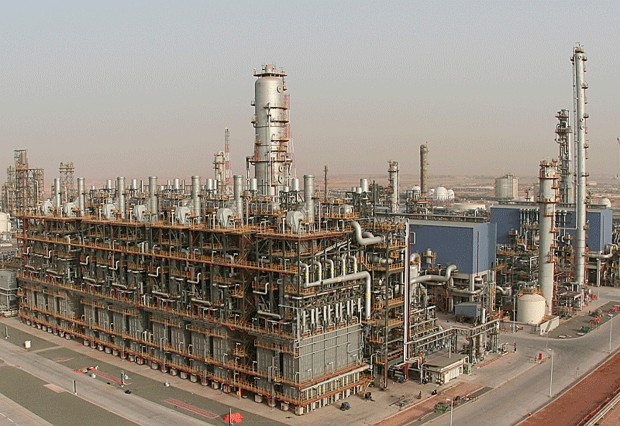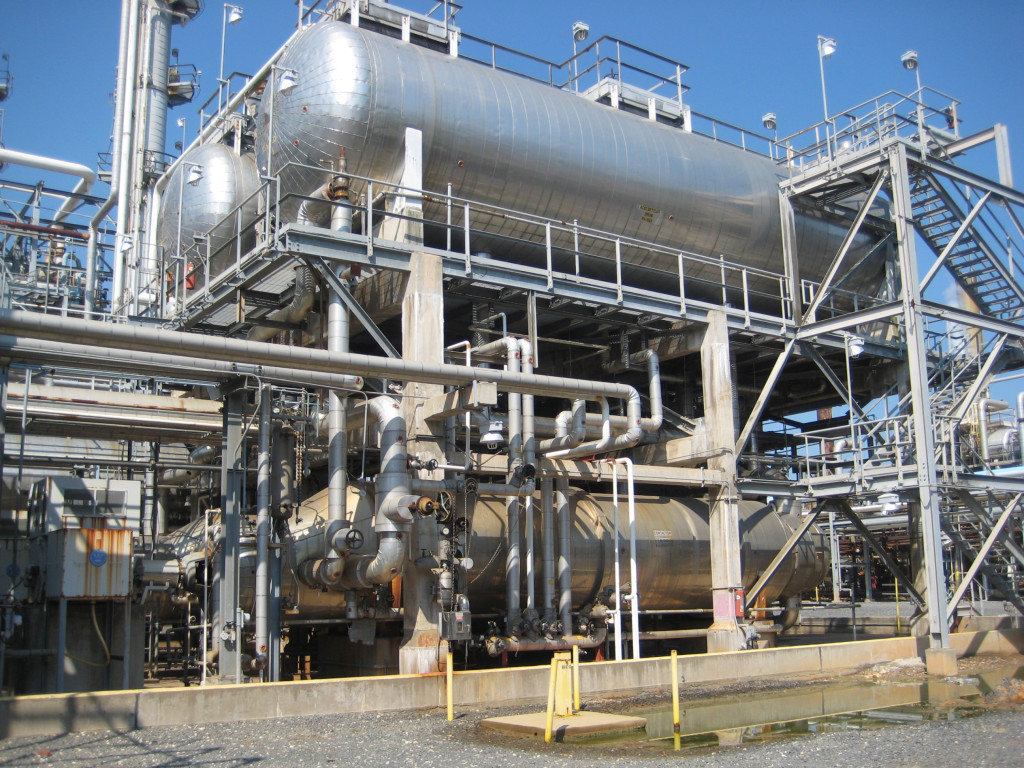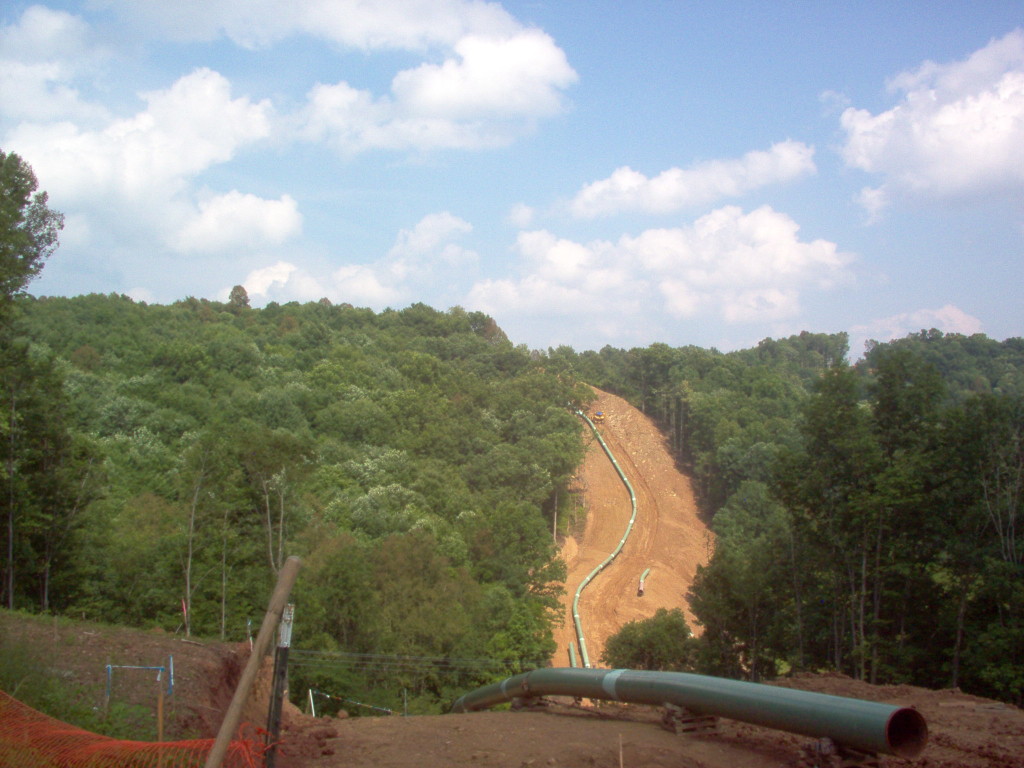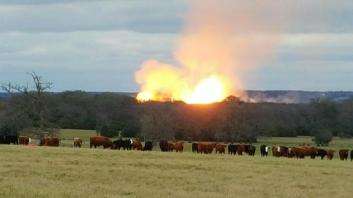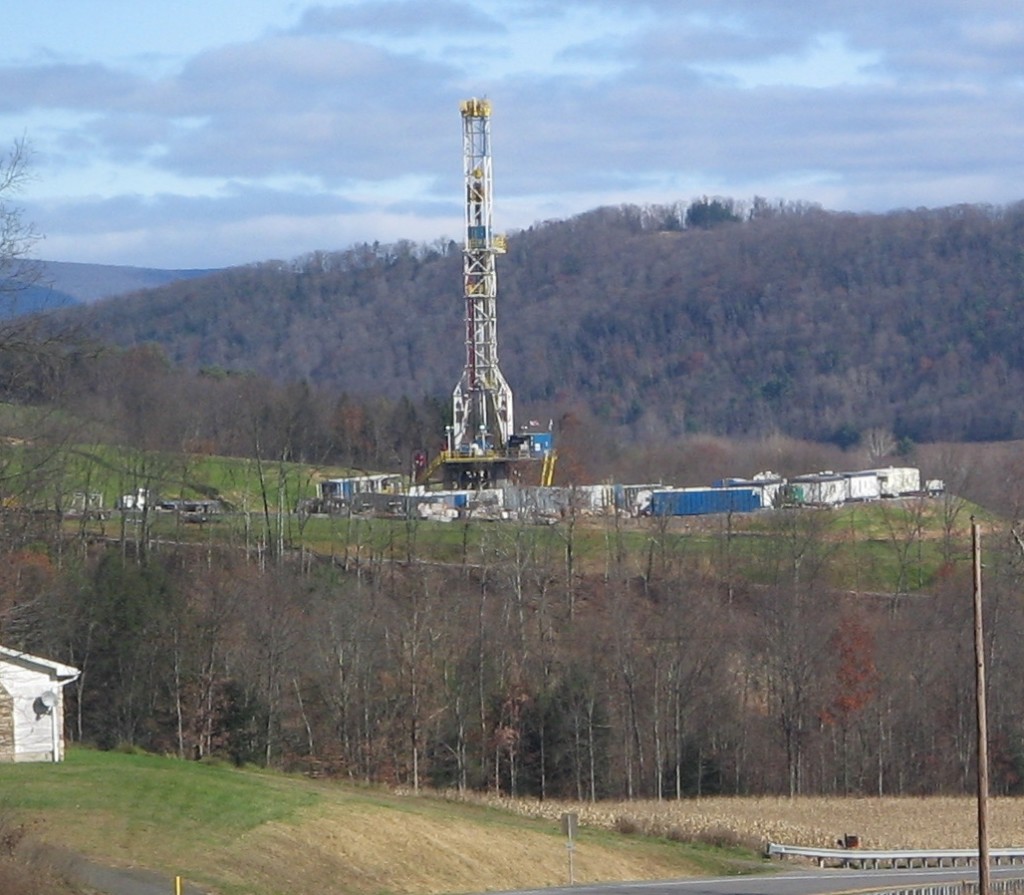We’re not sure what to think about this Forbes article. Allen Gilmer makes some very interesting points, including the fact that we have an oversupply of 2% in a world where we have a hard time measuring oil supplies accurately within 5%, and that U.S. drilling equipment won’t ramp up quickly because the equipment maintenance has been deferred in preference to keeping the business going. He gives all the influence in oil markets to the Saudis, when we think that the U.S. will be able to influence prices pretty quickly once they start to rise. But who died and made us experts, anyways? The article is worth the read, even just to make you think a little differently about the state of oil and gas.
Andrew Hecht at Seeking Alpha has to point out the obvious, again, and probably will continue to point it out for the next year or so. There is way too much gas in reserve and drilled (or fracked) but unproduced to allow gas prices to go up much. It’s bad news for royalty owners. It’s also a good argument for West Virginia mineral and royalty owners to make to their legislators when trying to convince them to vote against forced pooling; why force someone into a lease in this climate when waiting a few years should bring a better bonus and royalty?
Gaurav Sharma points out in a Forbes article that Iran might discount it’s oil in order to win back its previous European customers. Anyone want to guess what that will do to oil prices? Even though Iran is unlikely to produce more than 500,000 more barrels of oil in the next year, the Saudis will cut prices just to spite Iran.
Casey Junkins at the Wheeling Intelligencer put together a good article showing just how much natural gas we are producing from West Virginia compared to historical numbers. Spoiler: it’s a lot.
Long and short, we’re going to see low energy prices for at least the rest of 2016, and maybe for all of 2017. After that, it’s anybody’s guess. Of course, oil and gas prices can be affected by things like wars and natural disasters,

